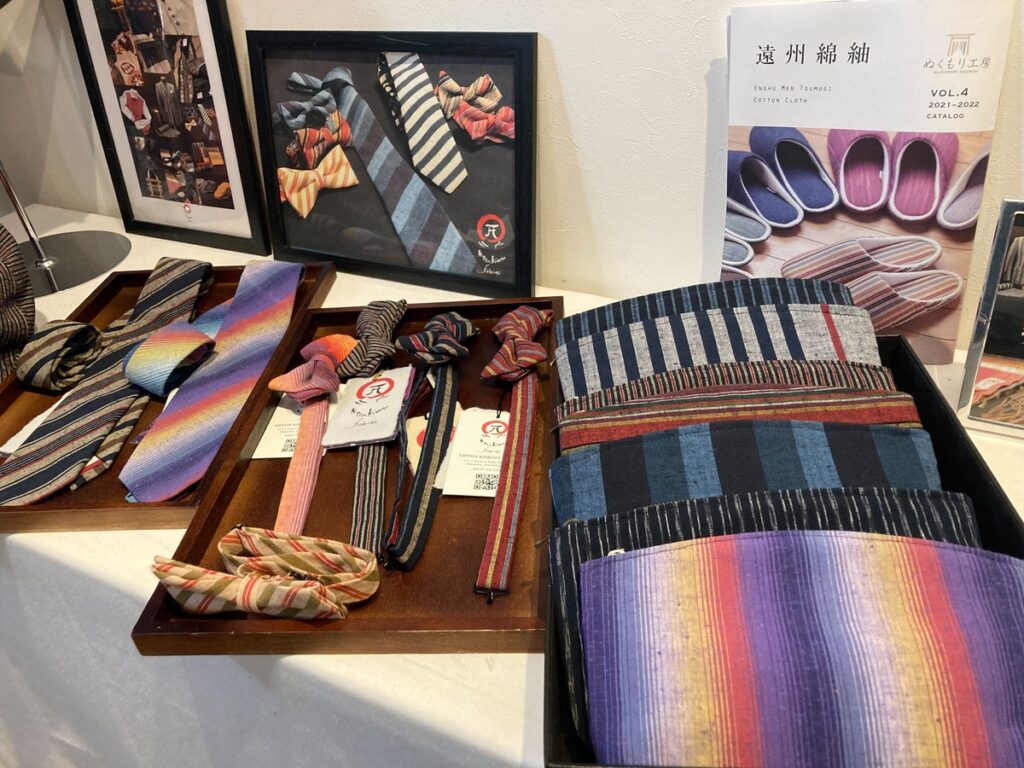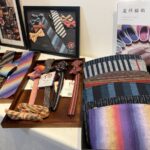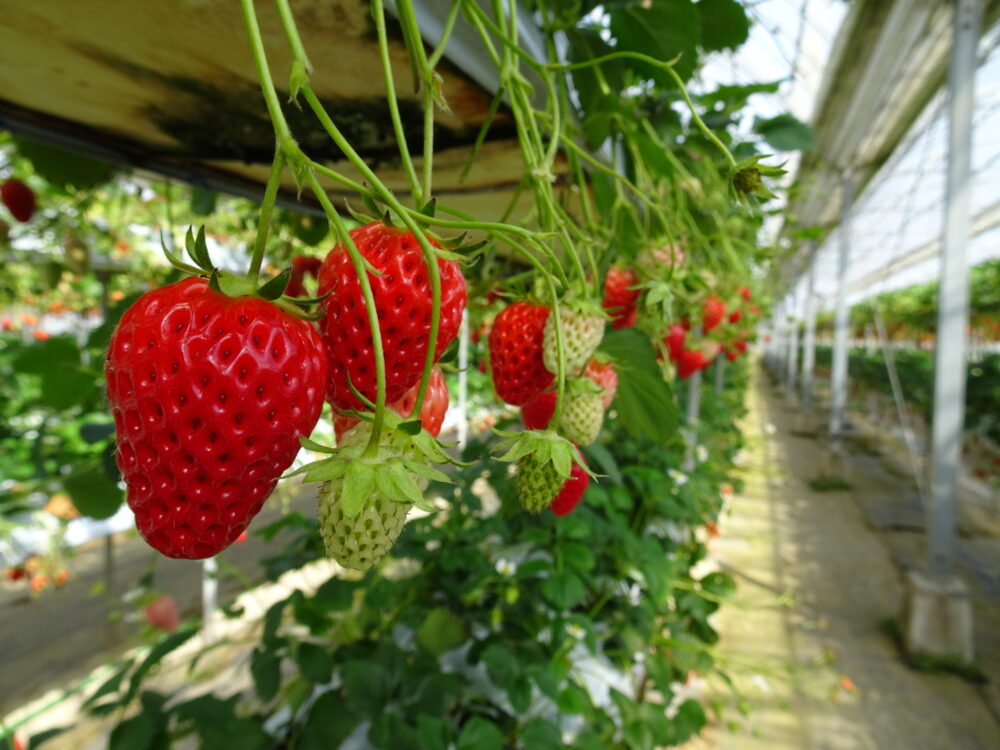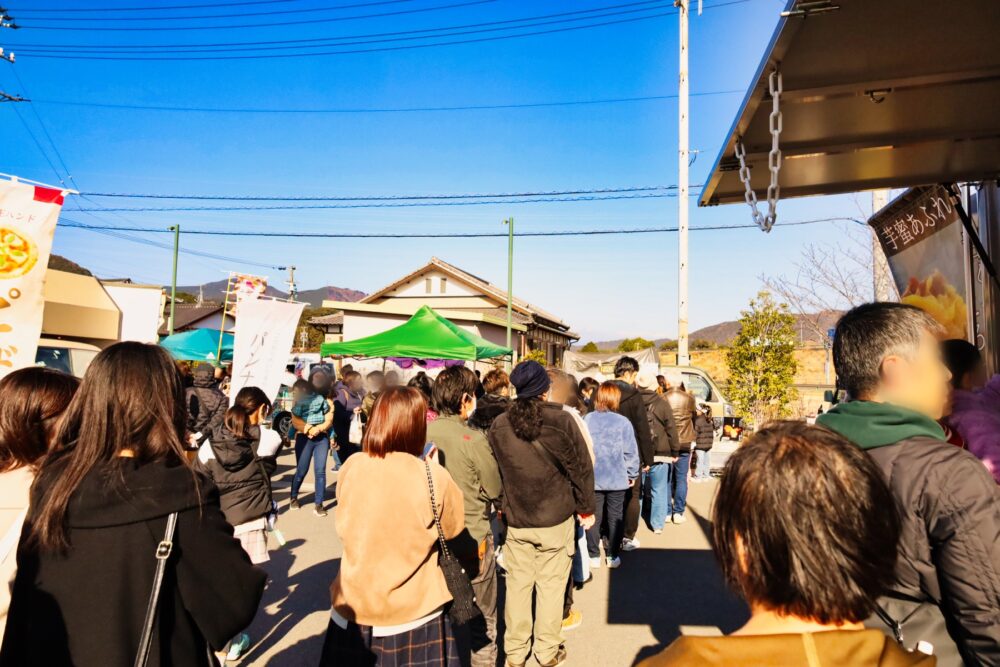"Enshu cotton pongee" (type of deep-fried tofu mixed with thinly sliced vegetables) is a traditional kimono fabric that expresses "BI," a uniquely Japanese beauty that has been cultivated over Japan's long history.
NIPPON KIMONO FABRICS is a "Made In Japan" company that offers the world a new fusion of Enshu cotton pongee kimono expressed in traditional craftsmanship and modern fashion.
Table of Contents
ToggleWhat is Enshu cotton pongee?
Enshu cotton pongee is characterized by its warm, natural colors woven by Japan's unique four seasons, and the more it is used, the more its texture and feel increases, which is why it has spread throughout the country.
Before Enshu cotton pongee was produced, cotton had been actively cultivated in Hamamatsu City, Shizuoka Prefecture since the Edo period (1603-1868) because the mild climate was suitable for cotton cultivation.
Enshu, along with Mikawa and Senshu, became known as one of the three major cotton-producing regions, and the introduction of the power loom in the Meiji period (1868-1912) led to the production of Enshu cotton pongee.
History of Enshu Cotton Tsumugi
The roots of Enshu cotton pongee can be traced back to the introduction of the power loom (riki shokki) after the Meiji period (1868-1912), and production began to flourish in the 1950s, with Hamamatsu City becoming known as a textile town.
The predecessors of the now world-famous Toyota Motor Corporation, Suzuki Motor Corporation, and other automobile manufacturers were actually textile manufacturers that produced this Enshu cotton pongee fabric.
Foreigners may be surprised to learn that the origins of the manufacturing of one of Japan's leading automobile manufacturers are actually found in Enshu cotton pongee.
shuttle loom
The earlier Toyota Motor Corporation invented an automatic weaving machine called the shuttle loom.
While today's production is much more efficient and computer-controlled, Enshu cotton pongee is produced in a somewhat inefficient manner, requiring the handiwork of craftsmen.
In order to produce that fluffy texture, craftsmanship is required to prevent the warp and weft yarns from being overloaded.
We, NIPPON KIMONO FABRICS, will continue to develop new textile products that can be worn in everyday life, while preserving the traditions that artisans have spun from face to face by expanding Japanese kimono culture to the world.








